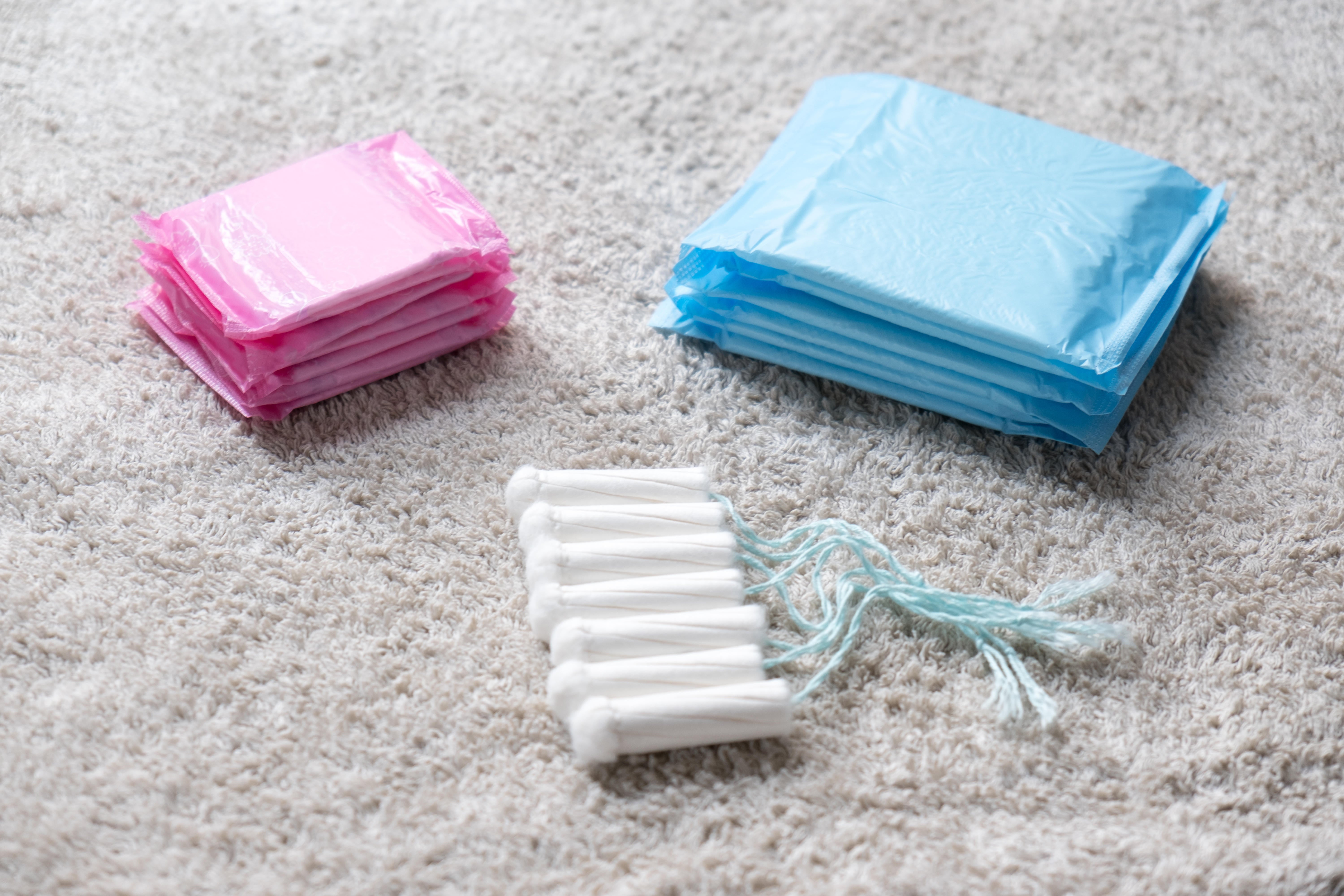32% of girls ‘cannot access period products at school’ despite Government schemes
Girlguiding is calling on the Department of Education to fully evaluate England’s Period Products Scheme and make it permanent.

Your support helps us to tell the story
From reproductive rights to climate change to Big Tech, The Independent is on the ground when the story is developing. Whether it's investigating the financials of Elon Musk's pro-Trump PAC or producing our latest documentary, 'The A Word', which shines a light on the American women fighting for reproductive rights, we know how important it is to parse out the facts from the messaging.
At such a critical moment in US history, we need reporters on the ground. Your donation allows us to keep sending journalists to speak to both sides of the story.
The Independent is trusted by Americans across the entire political spectrum. And unlike many other quality news outlets, we choose not to lock Americans out of our reporting and analysis with paywalls. We believe quality journalism should be available to everyone, paid for by those who can afford it.
Your support makes all the difference.Almost a third of girls and young women in the UK cannot access free period products at their school or college, despite Government schemes being in place for several years, research suggests.
Some 32% of girls and young women said they could not access free menstrual products at their school or college because they were unavailable, according to a survey commissioned by Girlguiding.
The charity is calling on the Department of Education (DfE) to fully evaluate England’s Period Products Scheme and make it permanent.
Currently, the scheme is only available until July 2022, but the DfE said it is “in the process of extending the programme to run until at least 2024”.
Savanta surveyed 2,008 girls aged 11 to 18 across the UK between June 13 and 22 for the charity.
It found that more than one third of students said they could obtain free period products in their school toilets (35%) but another third revealed they have to ask a teacher if they want to access them (32%).
More than half (54%) of respondents said they felt uncomfortable asking for period products at school, while 30% said they felt too embarrassed.
The research also revealed that 77% of girls think period products are too expensive and one in 10 said they or their families could not afford to buy them.
One of three young people interviewed by members of Girlguiding’s youth panel said: “My old school didn’t used to have them. Once, I ran into an issue where I needed them and they weren’t there, and so I had to ask my friend.
“But I know that if my friend wasn’t there I would have been stuck. Trying to avoid girls running into that situation is really important. I just think (the scheme) has had such a positive impact on school life.”
We were so pleased in 2020 when the UK Government finally introduced free period products in schools and colleges in England. But our research shows that the scheme isn’t working as it should and millions either don’t have access to period products, or feel too uncomfortable and embarrassed to access them at school
Another respondent said: “The whole idea of a period is taboo and no-one really talks about it at school.”
The Period Products Scheme was introduced in England in 2020 following campaigns by Girlguiding and other organisations and activists.
It is available to all English state-maintained schools and age 16 to 19 educational organisations.
It provides free sanitary products to girls and young women who need them to access education. This scheme was available for organisations to order until July 8.
Similar schemes were introduced in Scotland and Wales in 2017 and 2018 respectively, while a pilot started in Northern Ireland in September 2021.
Girlguiding also recommends that the DfE make it a requirement for schools and colleges to consult students about what period products they need and how they would like to access them, and issue guidance on how to do this adequately.
It said its research has found there is “ineffective, expensive and wasteful over and undersupply” when schools and colleges do not ask students about their preferences and needs.
Relationships, Sex and Health Education (RSHE) in England was reformed in 2020 to include education on periods. However, less than half of respondents said they learnt about the impact of periods on physical health, mental health and period stigma and shame at school.
Caitlyn, Girlguiding advocate, said: “No-one should be forced out of education because of their period. We were so pleased in 2020 when the UK Government finally introduced free period products in schools and colleges in England.
“But our research shows that the scheme isn’t working as it should and millions either don’t have access to period products, or feel too uncomfortable and embarrassed to access them at school.
“As Girlguiding advocates we’re calling on the Government to change this. It shouldn’t be our job to evaluate the scheme. We want the Department for Education and counterparts in devolved nations to do a full evaluation and make the changes needed so that everyone can access the period products they need.”
A Department for Education spokesman said: “No-one should be held back from accessing education due to their period, which is why we launched our free period product scheme to provide girls with period products when they need them.
“Since the launch of the scheme in January 2020, 94% of secondary schools and 90% of post-16 organisations in England have ordered free period products for pupils, with order numbers continuing to grow as we move past the pandemic.
“We continue to work with schools to tackle period poverty, providing advice and support on ways to promote the scheme to pupils that avoids embarrassment or stigma, and to involve pupils in what products should be ordered.”